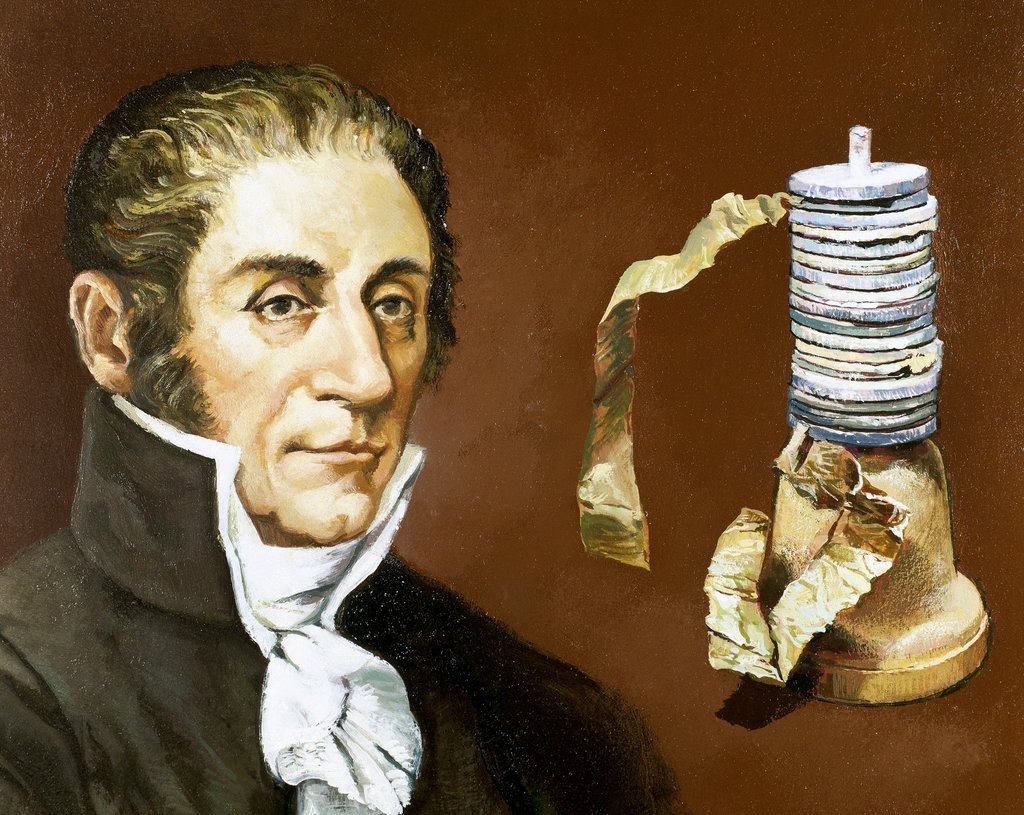Alessandro Volta was Italian physicist and pioneer in the study of electricity. He is mostly known for invention of world’s first battery.
Early life
Alessandro Volta, the brilliant mind behind the electric battery, was born on February 18, 1745, in the charming town of Como, Italy. The young Alessandro was curious and full of wonder from the start. Though his family hoped he’d become a lawyer, Volta had other plans—his heart was captivated by science. By the age of 14, he was already dreaming of becoming a physicist and was deeply fascinated by electricity, a field still in its infancy. Despite limited formal education early on, his passion and determination led him to teach himself and conduct experiments, laying the foundation for his future groundbreaking discoveries.
Education
He was educated in public schools in Como. In 1774 he became a physics professor at the Royal School in Como. In next few years he mostly studied the chemistry of gases. Two years later, in 1779 he became professor of physics at the University of Pavia, where he remained for the next 25 years.
Achievements
Alessandro Volta discovered the gas methane in 1777. In 1800 he invented voltaic pile, the first electric battery, which produced a steady electric current. He realized that the best pair of dissimilar metals to produce electricity was silver(or copper) and zinc. He stacked a couple of pairs of alternating silver (or copper) and zinc discs (electrodes) separated by cloth soaked in brine (electrolyte) to increase the electrolyte conductivity. Now, when the bottom and top contacts were connected by a wire, an electric current started flowing through the voltaic pile and the wire.
Later life
Volta was made a “Count” by Napoleon in 1801, in honor of his work and discoveries. He retired to his estate in Camnago in 1819, where he died 6 years later on March 5, 1827. The electrical unit known as the “volt” was named in his honor in 1881.
Alessandro Volta quotes
“The language of experiment is more authoritative than any reasoning: facts can destroy our ratiocination — not vice versa.”
“…each metal has a certain power, which is different from metal to metal, of setting the electric fluid in motion… ”

